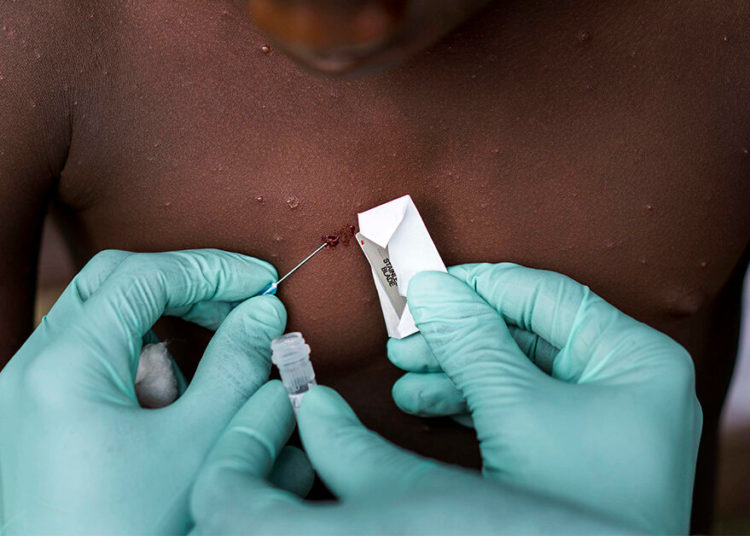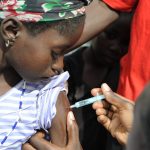The Nigeria Centre for Disease Control and Prevention (NCDC) has confirmed 67 cases of Mpox out of 1,031 suspected cases spanning 23 states and the Federal Capital Territory.
Dr. Jide Idris, the NCDC’s Director General, disclosed this at a media briefing in Abuja on Wednesday, saying that the agency is strengthening its surveillance systems in states across the country to ensure timely and accurate detection of cases.
The NCDC’s latest report reveals that Akwa-Ibom and Enugu are currently the hardest-hit states, with eight confirmed cases each.
Bayelsa follows closely with six cases, while Cross River has reported five.
Four states—Benue, Plateau, Delta, and Rivers—have also recorded multiple cases, with four and two cases, respectively.
Meanwhile, eight states—Kaduna, Gombe, Edo, Niger, Ebonyi, Nasarawa, Kebbi, and Oyo—have each reported a single confirmed case.
Idris said: “We are working with the port health authority to prevent the importation of Clade I of Mpox into the country; the port health authority is also working with border states to ensure prevention of the clade into the country.
“We have laboratories across the country, but not all of them have the same capabilities to test Mpox.
“So, we are optimising our laboratories to detect so that we don’t have to carry samples across states. We are also involved in awareness creation.”
Mpox is a rare viral zoonotic disease that can spread from humans to animals and vice versa, and it is endemic in parts of Africa, especially in the tropical rainforests of Central and West Africa.
Transmission from animals can occur through direct contact with infected animals, such as monkeys, squirrels, and rodents, or their body fluids.
Human-to-human transmission is primarily through direct contact with an infected person or contaminated materials.
Mpox presents with symptoms such as fever, headache, body aches, weakness, swollen lymph nodes, and a distinctive rash that usually starts on the face and spreads to other parts of the body.
In addition to other parts of the body, the rash can also occur on the palms, soles, and genital areas, which means that sexual contact can potentially transmit the infection.























Leave a comment